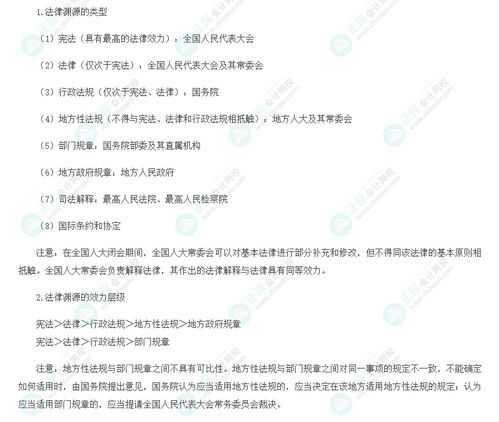浙江迪索律师事务所
Creating a healthy worklife balance is essential for overall wellbeing and productivity. In today's fastpaced world, many individuals struggle to find equilibrium between their professional and personal lives. However, by implementing certain strategies and prioritizing selfcare, it is possible to achieve a fulfilling balance. This article will explore the importance of a healthy worklife balance and provide practical tips for achieving and maintaining it.
Achieving a healthy worklife balance is crucial for several reasons:
There are several strategies that individuals can employ to create and maintain a healthy worklife balance:
1. Prioritize and Set Boundaries
It's important to prioritize tasks and set boundaries to avoid overcommitting at work. Learning to say "no" when necessary can prevent overwhelming workloads and promote a more sustainable balance.
2. Unplug and Disconnect
Set specific times to disconnect from work emails and phone calls, especially during personal or family time. Unplugging allows for mental relaxation and the ability to be fully present in personal activities.
3. Time Management
Effective time management is essential for achieving worklife balance. This includes setting realistic goals, delegating tasks when possible, and avoiding procrastination.
4. Regular Exercise and Health CheckUps
Physical wellbeing directly impacts mental wellbeing. Making time for regular exercise and scheduling health checkups is crucial for maintaining a healthy balance.
5. Quality Family Time and Social Connections
Schedule dedicated time for family and friends. Nurturing personal relationships outside of work is vital for overall happiness and life satisfaction.
6. Pursue Hobbies and Interests
Allocate time for hobbies, interests, and activities unrelated to work. Engaging in personal pursuits brings joy and a sense of fulfillment, contributing to a wellrounded life.
7. Continuous Learning and Skill Development
Investing in lifelong learning and skill development outside of work can provide a sense of accomplishment and personal growth.
In conclusion, achieving a healthy worklife balance is not only beneficial for individuals, but also for the organizations they are a part of. Employers should also recognize the importance of promoting worklife balance among their employees, as it leads to higher job satisfaction, lower turnover rates, and increased productivity. By implementing strategies such as prioritization, setting boundaries, and making time for personal wellbeing, individuals can create a fulfilling and sustainable worklife balance.











